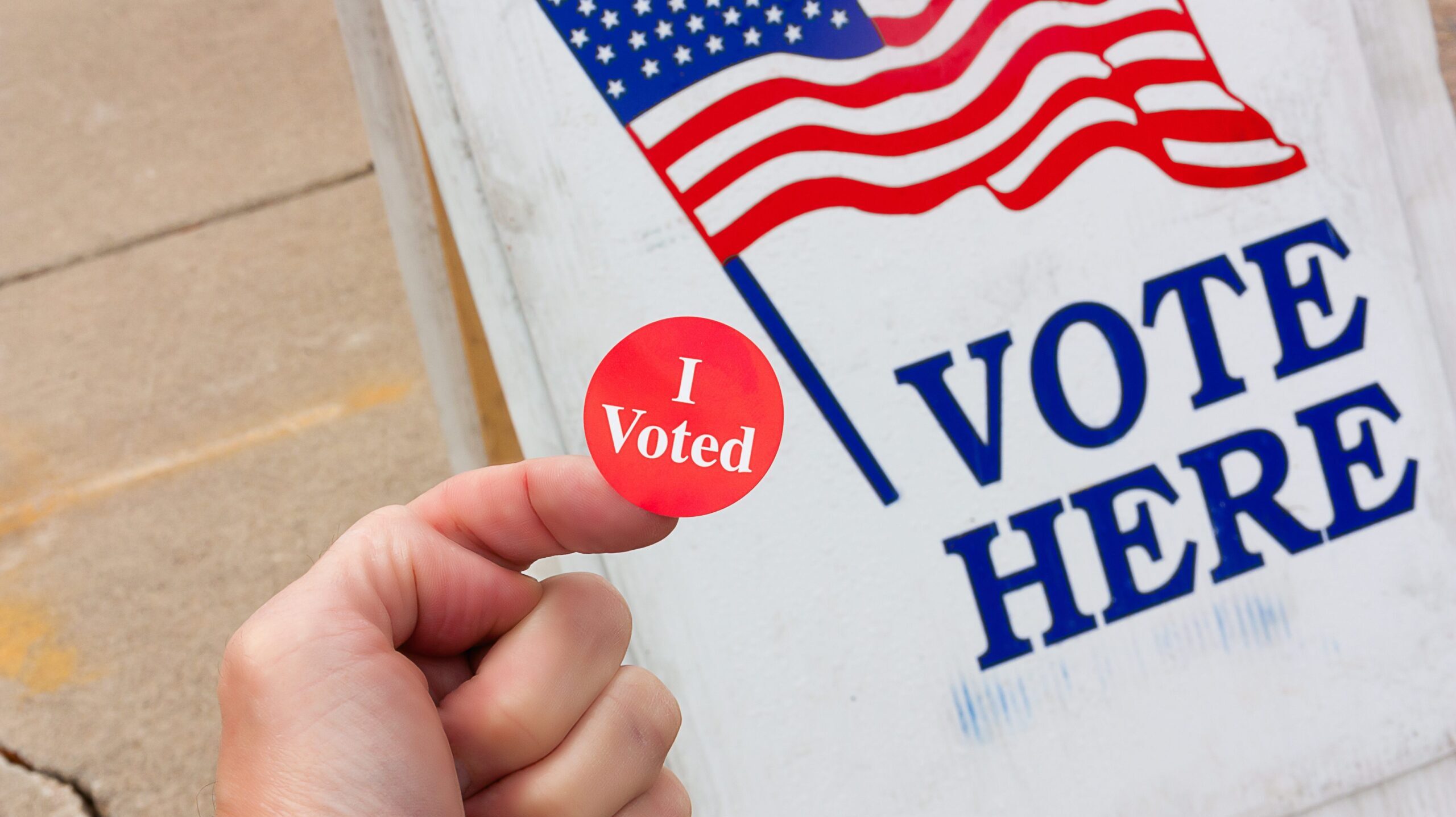Federal appeals judges on Tuesday allowed Alabama’s voter ID law to move forward, upholding a lower court’s decision that the law is not racially discriminatory.
The three-judge panel of the 11th Circuit Court of Appeals in its Tuesday opinion found that the burden of Alabama’s 2011 voter ID law, which requires voters to show government-issued photo IDs, on voters is minimal, and does not “violate the Fourteenth and Fifteenth Amendments of the Constitution, nor does it violate the Voting Rights Act.”
Circuit Judge Elizabeth Branch, author of the majority opinion, wrote that while the judges agreed to give credit to the Plaintiff’s argument about Alabama’s history of voting-related discrimination, “we also reiterate our caution against allowing the old, outdated intentions of previous generations to taint Alabama’s ability to enact voting legislation.”
Alabama’s Secretary of State John Merrill has argued that the state’s voter ID law is meant to deter in-person voting fraud, and that the state makes available mobile photo ID units, able to provide voters with the necessary IDs.
The judges in their majority opinion found that the Plaintiffs’ argument that the state’s voiced reasoning for the law – to combat voter fraud – was tenuous because in-person voter fraud was so rare, failed to meet legal standards because the Supreme Court “has already held that deterring voter fraud is a legitimate policy on which to enact an election law, even in the absence of any record evidence of voter fraud.”
District Judge Darrin Gayles in his dissenting opinion wrote that voter fraud in Alabama is rare, and that “while there have been some limited cases of absentee voter fraud, in-person voter fraud is virtually non-existent.”
Gayles wrote that Merrill presented evidence of just two instances of in-person voter fraud in Alabama’s history.
“Despite the lack of in-person voter fraud, Secretary Merrill claims Alabama enacted the Photo ID Law to combat voter fraud and to restore confidence in elections—a dubious position in light of the facts,” Gayles wrote.
Gayles noted that former state Sen. Larry Dixon, R-Montgomery, before his retirement in 2010, had sponsored similar voter ID bills.
“During this time, Senator Dixon made repeated comments linking photo identification legislation to race, including “the fact you don’t have to show an ID is very beneficial to the Black power structure and the rest of the Democrats” and that voting without photo identification “benefits Black elected leaders, and that’s why they’re opposed to it,” Gayles wrote in his dissenting opinion.
Gayles also noted that former state Sen. Scott Beason, R-Gardendale, a sponsor of Alabama’s 2011 voter ID law, recorded a meeting he had with Dixon and other Republicn sponsors of the state’s 2011 law.
“In the recordings, Senator Dixon stated: “[j]ust keep in mind if [a pro-gambling] bill passes and we have a referendum in November, every black in this state will be bused to the polls. And that ain’t gonna help” . . . ,” Gayles wrote.
Gayles also wrote that In a separate recorded meeting Beason referred to Black people as “Aborigines.”
Gayles wrote that it is undisputed that “Alabama’s Photo ID Law has a disparate impact according to race and that thousands of minority voters may be affected, some Alabama legislative leaders and sponsors of the Photo ID Law had the intent to suppress minority voters, and Alabama passed the Photo ID Law to solve a problem with in-person voting that did not exist.”
“Based on this record, there is sufficient evidence to find that Alabama’s Photo ID Law is unlawful,” Gayles wrote.
Secretary of State John Merrill in a statement Tuesday applauded the Circuit Court’s majority opinion.
“Today’s ruling by the Eleventh Circuit, affirming that the state’s photo ID law is constitutional, is a major victory for the security and integrity of elections in Alabama!” Merrill said in a statement. “Photo ID is required when purchasing alcohol or tobacco products, operating a motor vehicle, checking into a flight, purchasing a gun, or booking a hotel. Voting is equally or more important than all of these other examples where a photo ID is required. I am grateful to the Northern District Court of Alabama and the Eleventh Circuit Court of Appeals who have confirmed what we already knew: ‘it is so easy to get a photo ID in Alabama, no one is prevented from voting.’”
Merrill said that photo IDs “significantly reduces the potential for voter fraud to be committed, and we will remain dedicated to providing free, fair, and secure elections.”


















































